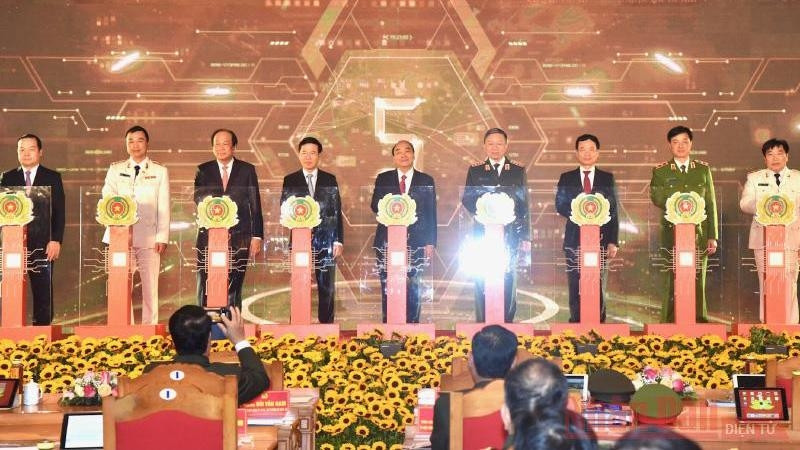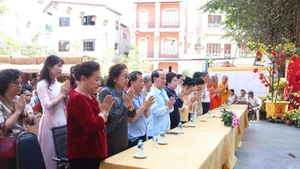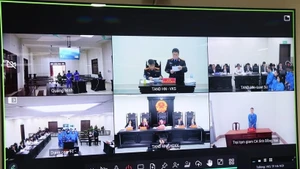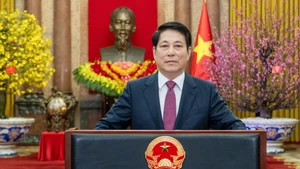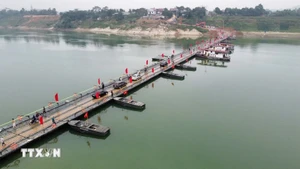These two systems, developed and implemented by the Ministry of Public Security, reflect the Government’s determination to shift from paper-based to electronic document management.
The national database on population is the most important among the six national databases to help form an e-Government, a digital society and digital economy.
Meanwhile, the project on citizen ID card production, issuance and management was approved by the Government last September. The Ministry of Public Security expects to issue chip-based ID cards for 50 million citizens by July 1 this year.
Under the Law on Citizen Identification in 2014, people from 14 years of age can obtain an ID card, which is then renewed when they turn 25, 40, and 60 years of age.
More than 29,000 citizens have obtained new ID cards to date, including 1,369 delegates to the 13th National Party Congress.
Speaking at the ceremony, PM Nguyen Xuan Phuc hailed efforts made by the Ministry of Public Security to carry out the two systems simultaneously, helping save over VND1 trillion (US$43.38 million) for the State, while still ensuring the efficiency and progress as targeted.
He also appreciated the active participation of ministries, sectors and localities, contractors and IT companies to complete the databases.
The Government leader stressed that amid the strong development of the fourth Industrial Revolution, the reform of national governance in the direction of digital transformation and science and technology application is an inevitable trend, which will create a momentum for all socio-economic activities towards the prosperous development of Vietnam.
The strong development of the digital era will help Vietnam integrate more deeply into the world economy, boost the shifting of the growth model, economic restructuring, and improve social productivity and competitiveness.
The Government leader asked the Ministry of Public Security to continue completing the two systems so as to ensure accurate, transparent and uniform data and ensure database safety and security.
The ministry was also requested to coordinate closely with relevant ministries and sectors to speed up the connectivity among ministries, sectors and localities to contribute to the building the e-Government and digital Government towards the building of a digital economy and digital society.
